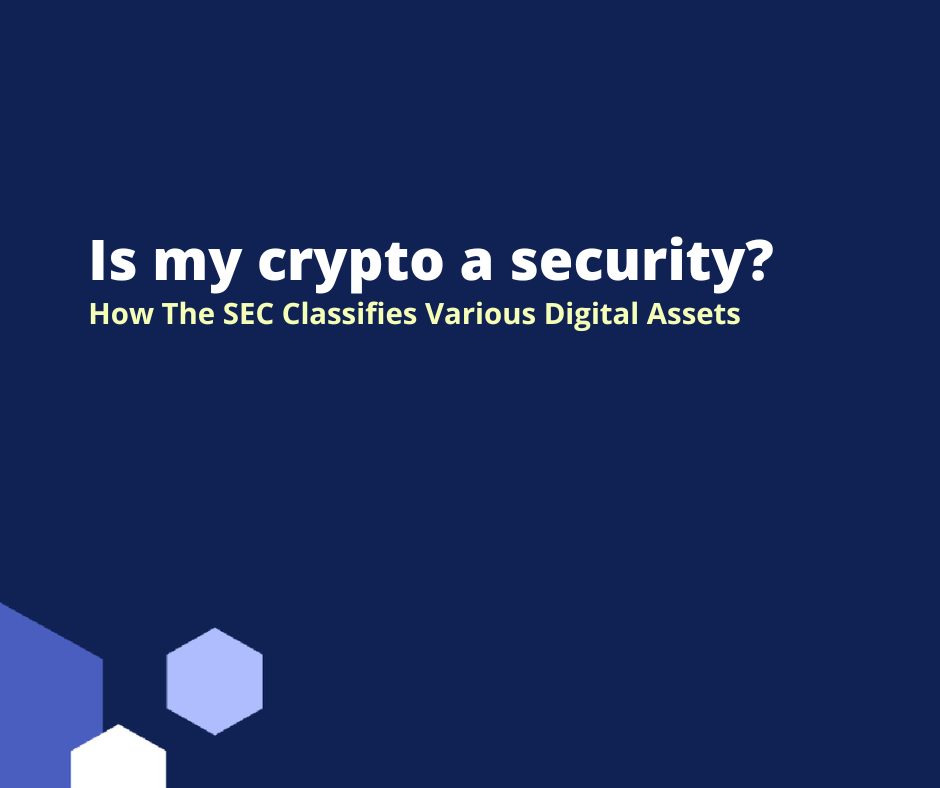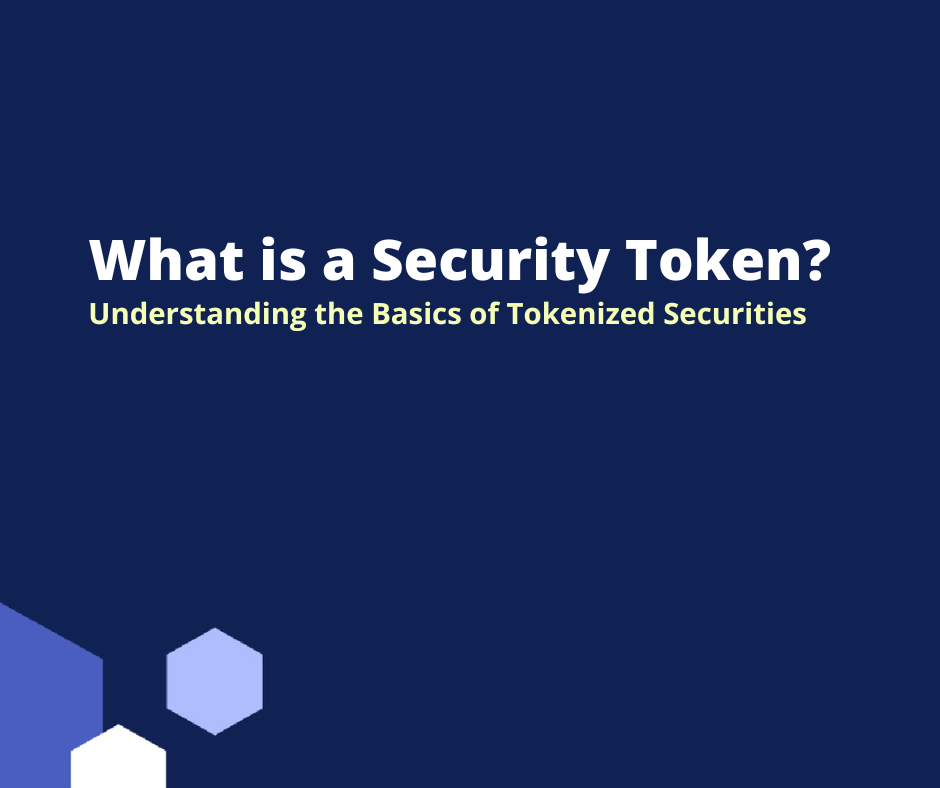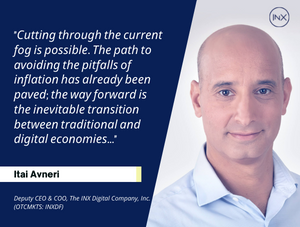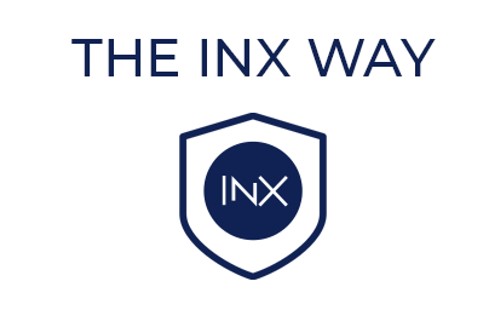What is a Security Token Offering, and how does it work?

As the world enters a new era of currencies and investments, now is the time to learn about security tokens, which will be a long-term fixture in our society. Security tokens are the present as well as the future. Regardless of your age, knowledge of Web 3.0 business, or understanding of it, learning about this type of investment could benefit your long-term financial health.
How does Security Token Offering work?
A Security Token Offering (STO) is a blockchain-enabled digital token representing a stake of ownership or a future benefit in an asset. STOs provide an ability for digital fundraising while adhering to all relevant regulatory standards. As a result of stringent rules, security tokens are not traded on typical stock exchanges.
Digital Securities
Digital assets are similar to bitcoin and other cryptocurrencies. Utilizing blockchain technology, digital securities are comparable to bitcoin. Unlike bitcoin and other cryptocurrencies, digital securities are only digital representations of underlying assets and are distributed in a smart contract format giving you added security and protection. Blockchain technology offers several benefits to the sector. First, ownership is verified and recorded on a distributed ledger, which provides a more secure alternative than traditional methods. Additionally, blockchain technology facilitates the transfer of non-publicly traded alternative assets.
How is a Security Token Offering different from an ICO?
Initial coin offerings (ICO) are another way for companies to raise money via ICO trading platforms. An initial public offering (IPO) is when a private company offers shares to the public for the first time, and a company uses an IPO to raise money.
An STO requires a significant amount of pre-compliance preparation. Anyone can start an ICO and participate (unless their local laws say they can’t). However, in order for a company to offer an STO, they need to do it under a valid exemption or regulation so it can then be traded on a regulated platform.
What is a token?
It is common in the cryptocurrency world to speak about “tokens.” All crypto-assets, including Bitcoin, may be referred to as “tokens” since they are all crypto-assets. However, the phrase has acquired two separate meanings that are common enough to be encountered.
Automating interest rates to sell virtual real estate are just some of the uses for this second sort of token. However, it is possible to own and trade them like any other cryptocurrency.
What are Security Tokens?
Security tokens are not required to have a function, and the most common ownership represented by a security token is ownership or some other stake in the company issuing the token. Like purchasing stock shares in a typical stock market, security tokens are frequently referred to as digital securities.
By security tokens are digital assets stored on a blockchain. These tokens might represent ownership of a fraction or any valuable thing, such as a car, a house, or company stock.
Because conventional financial instruments and crypto-assets have several properties, there are numerous ways to take advantage of security tokens. In addition, security tokens may boost global financial markets by allowing more people to engage in the market.
Asset-backed tokens, equity tokens, and debt tokens are the three primary forms of security tokens.
The INX Token
The INX Security token made history as the first public offering of SEC-registered digital security on the blockchain, and is currently traded on the INX Securities trading platform.
When trading on the INX Securities platform, a world of opportunities reveals. Individuals, businesses, and issuers can trade 24/7 365 from anywhere globally. Open an account with INX Securities now to begin your financial adventure.





